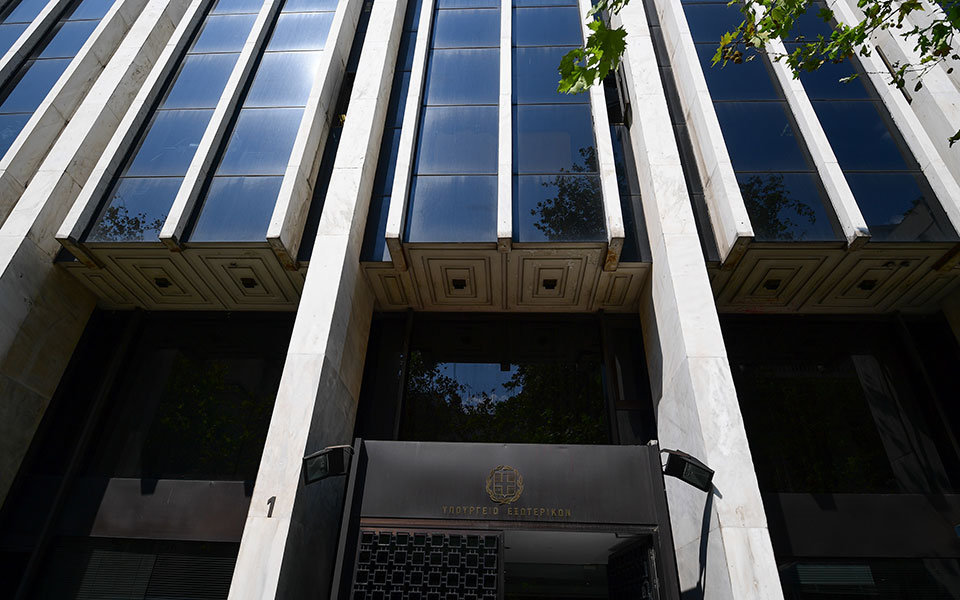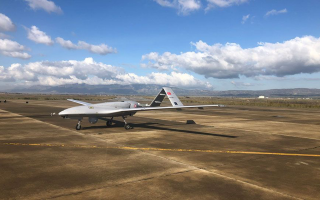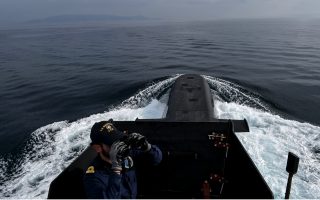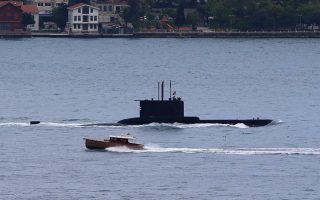Difficult autumn with Ankara expected
Athens in wait-and-see mode regarding Turkey’s moves to obstruct EastMed exploratory activities

Athens is facing an autumn full of questions regarding the degree of escalation that Turkey will opt for in order to obstruct exploratory activities for the possible future sea route of the EastMed pipeline.
Over the last few days, Foreign Minister Nikos Dendias has spoken at length with and fully briefed his European Union counterparts about the presence of units of the Turkish fleet at a distance of 10 nautical miles from Crete and alarmingly close to the Nautical Geo research vessel which has undertaken the task of mapping the sea route of the pipeline from the Greek island to Cyprus and from there to Israel.
The steps taken in response by Athens and the promotion of the issue at the level of EU foreign ministers, and more broadly to partners and allies in the wider region and beyond, is telling of Greece’s intentions, given, moreover, that the Nautical Geo has undertaken the project on behalf of three countries (Greece, Israel and the Republic of Cyprus).
After due consideration was reportedly given to the issue, Athens decided to extend the search of the Nautical Geo until September 26, so that it could move further east, despite the constant radio harassment from Turkish frigates.
As far as Greece is concerned, the exploratory activities concern the area until the 28th meridian, where the valid agreement between Greece and Egypt for the delimitation of their exclusive economic zones ends. The next area of interest is from this point to the external borders of the Cypriot continental shelf and from there to Cyprus itself. To the east of Cyprus, the responsibility belongs to others.
The two main questions are whether the Nautical Geo will move further east and, if it does, whether it will be accompanied by a warship.
As Kathimerini has already revealed, it was decided a few days ago to send a coast guard boat. However, after the daring foray by the Turkish Gemlik frigate east of Crete, a Greek warship also returned to the area.
Ankara’s escalatory moves have so so far not gone beyond the tactics of hailing, issuing anti-navtexes and sailing Turkish ships in an area of potential Greek domination (6 to 12 nautical miles).
The question, however, is what will happen if the Turks decide to block exploratory activities, using warships as an obstacle.





